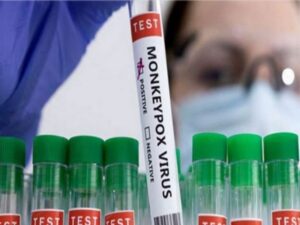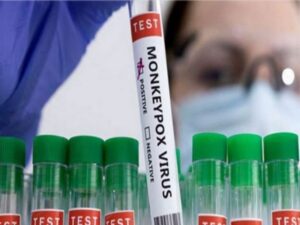
New York [US], September 28 (ANI): According to the National Cancer Institute, despite substantial breakthroughs, brain tumour mortality remains high, with five-year survival rates of 36 per cent. More accurate diagnoses may help, but tissue biopsies are intrusive and can overlook critical information about a tumour’s composition. Meanwhile, imaging-based approaches lack appropriate sensitivity and resolution.
According to a report published in ACS Nano, researchers have invented a biosensor that could help clinicians correctly diagnose brain cancer from a minute blood sample. To properly treat brain cancer, clinicians must not only establish the presence of a malignant tumour but also determine whether it started in the brain (the primary tumour) or travelled there from other organs (the secondary tumour).
Physicians must also know where the tumour is positioned within the organ. Because no existing diagnostic procedure can achieve this feat without invasive surgery or a painful spinal tap, Bo Tan and colleagues set out to create a noninvasive test that uses a trace amount of serum.
The researchers formed 3D nickel-nickel oxide nanolayers on a nickel chip using high-intensity laser beams. This procedure yielded an ultrasensitive biosensor that allowed them to detect minute amounts of tumour-derived components, such as nucleic acids, proteins, and lipids, that crossed the blood-brain barrier and entered the circulation. These components were recognised by the sensor using surface-enhanced Raman spectroscopy, which generated molecular profiles, or fingerprints, for each sample.
The researchers then used a DEEP neural network to look for indications of a brain tumour, characterise its type, and estimate its location inside the brain. The researchers used the liquid biopsy platform to diagnose brain cancer from just five microliters of blood serum, and they could distinguish it from breast, lung, and colorectal cancer with 100% specificity and sensitivity. They had relative success identifying primary brain cancers from secondary brain tumours that had spread to the brain from the lung or breast.
Profile analysis also allowed the researchers to pinpoint the tumour’s location in one of nine brain compartments with 96% accuracy. According to the researchers, the noninvasive feature of the test could allow healthcare professionals to track cancer progression over time and make better treatment decisions. (ANI)


















